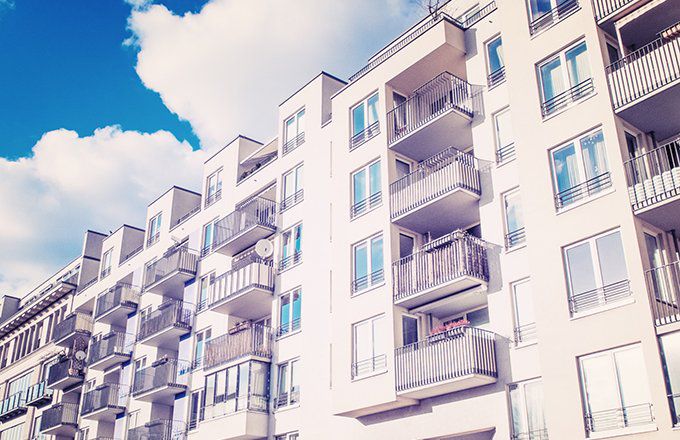
Condominium fee collection is mandatory in all condominiums. The amount collected monthly is what allows the maintenance of the project, such as, for example, the supply of electricity and water in common areas, among other repairs such as painting the facade.
With the condominium fee, it is also possible to improve the project’s development as a whole. That is why it is essential to understand how this rate calculation works and thus reinforce the benefits of keeping the payment up to date. Check out more about the topic below:
Exclusive Expenses
Exclusive expenses are those that are not part of the condominium fees. Thus, they must not be paid by the condominium or other residents. This means that condominium fees are for collective expenses only.
Default
Delinquency is undoubtedly a huge problem for the condominium and is liable to punishment for the owner, collecting fines and interest. The legislation, however, allows condominiums to develop their forms of penalty. Thus, it is essential to find out what is determined by the condominium agreement.
According to the Civil Code, in default, the recommendation is to charge a fine of 2% plus interest of 1% per month and a correction for inflation in the late period. All this, of course, is in addition to the value of unpaid condominium quotas.
As shown in this article, the condominium fee is determined by the law, and, therefore, all residents must collaborate. The value varies depending on the number of units. Non-payment entails a fine and interest. So, it is up to the manager to supervise this collection and the condominium administrator to assist in this process, from the preparation, through the issuance of the bank slip and collection of the quota. Click on hood for condo (เครื่อง ดูด ค วัน คอน โด which is the term in Thai)
